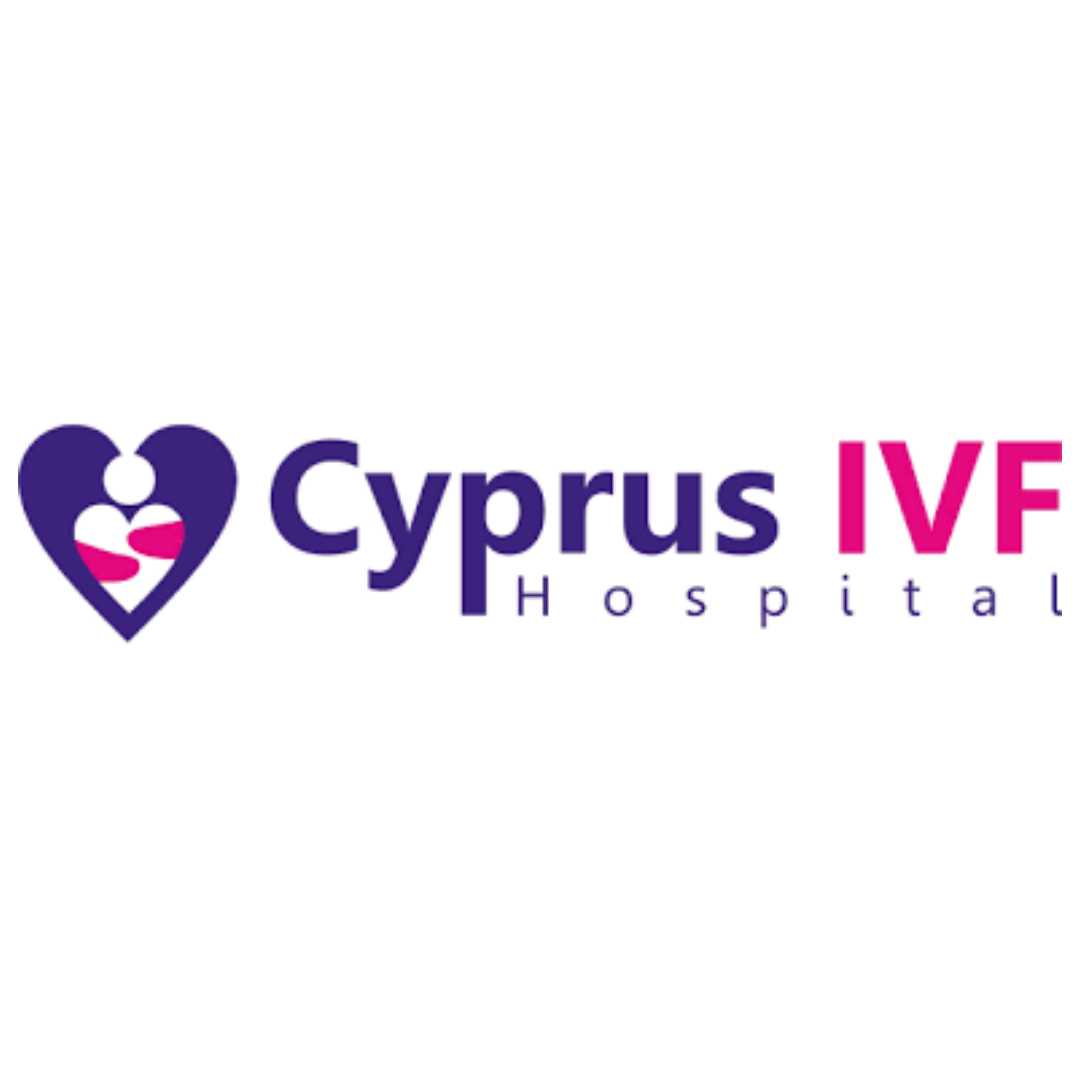Understanding Gender Selection in Cyprus: Laws, Methods, and Benefits

Are you considering gender selection to balance your family and wondering if it's a legal option in Cyprus? The short answer is yes, gender selection is legal in Northern Cyprus for family balancing and medical reasons, making it a popular destination for couples seeking this advanced reproductive technology. However, the legal landscape is different in the Republic of Cyprus (Southern Cyprus), where it is not permitted for non-medical reasons.
This comprehensive guide will walk you through everything you need to know about gender selection in Cyprus, from the legal specifics in both the north and south to the methods used, costs, and what to expect during the process. We’ll address the most frequently asked questions to provide you with clear and accurate information.
What is the legal status of gender selection in Cyprus?
"Gender selection for non-medical reasons, such as family balancing, is legal and a routine procedure in Northern Cyprus. In contrast, it is illegal in the Republic of Cyprus (Southern Cyprus) unless there is a specific medical reason to prevent a serious sex-linked genetic disease."
The island of Cyprus is divided into two separate territories, and it's crucial to understand the different legal frameworks for assisted reproductive technology (ART). Northern Cyprus has become a well-known hub for fertility treatments, including IVF with gender selection, due to its permissive and supportive legislation. This has made it an attractive option for international patients.
On the other hand, the Republic of Cyprus, which is a member of the European Union, adheres to stricter regulations. The law on Medically Assisted Human Reproduction (Law 69(I)/2015) in the Republic of Cyprus prohibits sex selection for social or family balancing purposes. It is only allowed in cases where there is a significant risk of a child inheriting a serious genetic condition that is linked to a specific gender.
How does gender selection in Cyprus work?
"The primary and most reliable method for gender selection in Cyprus is Preimplantation Genetic Diagnosis (PGD) or Preimplantation Genetic Screening (PGS), which is performed as part of an In Vitro Fertilization (IVF) cycle. This technique has an accuracy rate of over 99% for identifying the sex of an embryo before it is transferred to the uterus."
The process begins with a standard IVF procedure. The female partner undergoes ovarian stimulation to produce multiple eggs, which are then retrieved and fertilized with sperm from the male partner in a laboratory. Once embryos are created, a few cells are carefully biopsied from each embryo.
These cells are then analyzed using PGD/PGS to determine the chromosomal makeup of each embryo, including the sex chromosomes (XX for female and XY for male). This screening also allows for the detection of any major chromosomal abnormalities, increasing the chances of a healthy pregnancy. Based on the results, healthy embryos of the desired gender are selected for transfer to the mother's uterus.
Who is eligible for gender selection in Northern Cyprus?
"Eligibility for gender selection in Northern Cyprus is quite broad. It is available to married couples, single women, and same-sex female couples who are seeking to balance their families or have a medical reason to select the gender of their child."
The main reasons couples opt for gender selection in Northern Cyprus include:
- Family Balancing: For couples who already have one or more children of the same gender and wish to have a child of the opposite gender.
- Medical Reasons: To prevent the transmission of X-linked genetic disorders, such as Duchenne muscular dystrophy or haemophilia, which are passed down from mother to son.
- Personal Preference: Some couples have a strong personal desire for a child of a particular gender.
What is the step-by-step process for gender selection in Cyprus?
"The gender selection process in Cyprus typically involves an initial consultation, followed by ovarian stimulation, egg and sperm retrieval, fertilization, PGD/PGS testing of the embryos, and finally, the transfer of a healthy embryo of the desired sex."
Here is a simplified breakdown of what you can expect:
- Initial Consultation and Evaluation: You will have a consultation with a fertility specialist to discuss your medical history and desired outcome. This will involve some initial tests to assess your fertility levels.
- Ovarian Stimulation: The female partner will be prescribed fertility medications to stimulate her ovaries to produce multiple eggs.
- Egg and Sperm Retrieval: Once the eggs are mature, they are retrieved in a minor surgical procedure. On the same day, the male partner provides a sperm sample.
- Fertilization: The eggs are fertilized with the sperm in the laboratory using Intracytoplasmic Sperm Injection (ICSI), where a single sperm is injected directly into each egg.
- Embryo Biopsy and PGD/PGS Testing: After a few days of development, a small number of cells are taken from each embryo for genetic screening. This is when the sex of each embryo is identified.
- Embryo Transfer: One or two healthy embryos of the chosen gender are transferred into the woman's uterus.
- Pregnancy Test: About 10-12 days after the embryo transfer, a blood test is performed to confirm pregnancy.
What is the cost of gender selection in Northern Cyprus?
"The cost of IVF with gender selection (PGD/PGS) in Northern Cyprus typically ranges from €5,000 to €8,000. This price often includes the IVF procedure, PGD/PGS testing, and the embryo transfer. However, it's important to confirm what is included, as costs for medications, initial consultations, and travel are usually separate."
The overall cost can vary depending on the clinic, the specific tests required, and the individual's medication needs. It's advisable to get a detailed cost breakdown from your chosen clinic before starting treatment. Despite the additional costs, gender selection in Northern Cyprus remains significantly more affordable than in other countries where it is legal, such as the United States.
How successful is gender selection in Cyprus?
"The accuracy of PGD/PGS for gender selection is over 99%. The success of the subsequent IVF pregnancy depends on various factors, including the woman's age, egg quality, and the overall health of the couple. Reputable clinics in Northern Cyprus report IVF success rates of 70-80% for younger women."
While the ability to select the desired gender is highly accurate, the ultimate success of the treatment is a successful pregnancy and a healthy baby. The use of PGD/PGS can also improve pregnancy rates as it ensures that only chromosomally healthy embryos are transferred.
Are there any risks or ethical concerns with gender selection?
"The medical risks associated with gender selection are the same as those for a standard IVF cycle, which are generally low. Ethical considerations primarily revolve around the non-medical use of this technology for family balancing, with some concerned about the potential for gender bias."
The medical risks include Ovarian Hyperstimulation Syndrome (OHSS), a rare complication from fertility drugs, and the risks associated with any minor surgical procedure for egg retrieval. The process of embryo biopsy, when performed by experienced embryologists, is considered very safe and does not harm the embryo.
Ethically, the debate continues. Proponents argue for reproductive autonomy and the right of parents to make choices about their family composition. Opponents raise concerns about the potential for reinforcing gender stereotypes and the "designer baby" debate. Clinics in Northern Cyprus typically provide counseling to ensure that couples are making an informed and considered decision.
How long do I need to stay in Cyprus for the treatment?
"You should plan to stay in Cyprus for approximately 2 to 3 weeks for the entire IVF and gender selection process. This allows for the initial consultations, ovarian stimulation monitoring, egg and sperm retrieval, embryo development and testing, and the embryo transfer."
Some clinics may offer options to complete some of the initial stages of monitoring in your home country to reduce the length of your stay. It is best to discuss the specific timeline with your chosen clinic.
To explore your options for gender selection and other fertility treatments in Cyprus, PlacidWay can connect you with leading, accredited clinics. Our partners are committed to providing high-quality, compassionate care to help you build the family of your dreams.


.png)
.png)



.png)

.png)
.png)






Share this listing